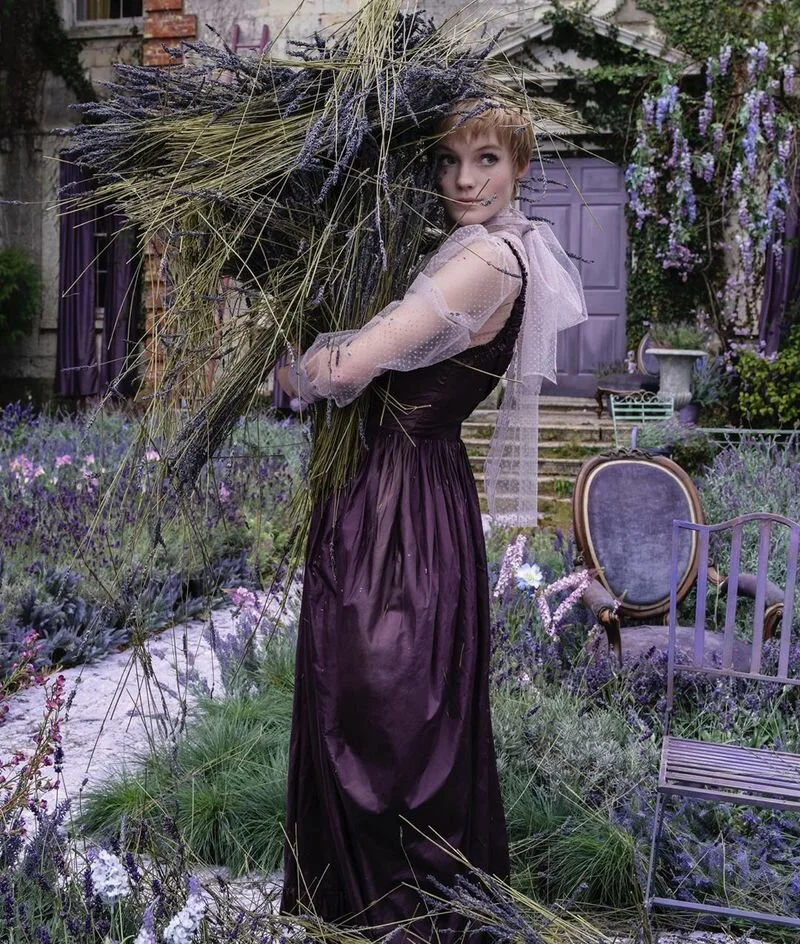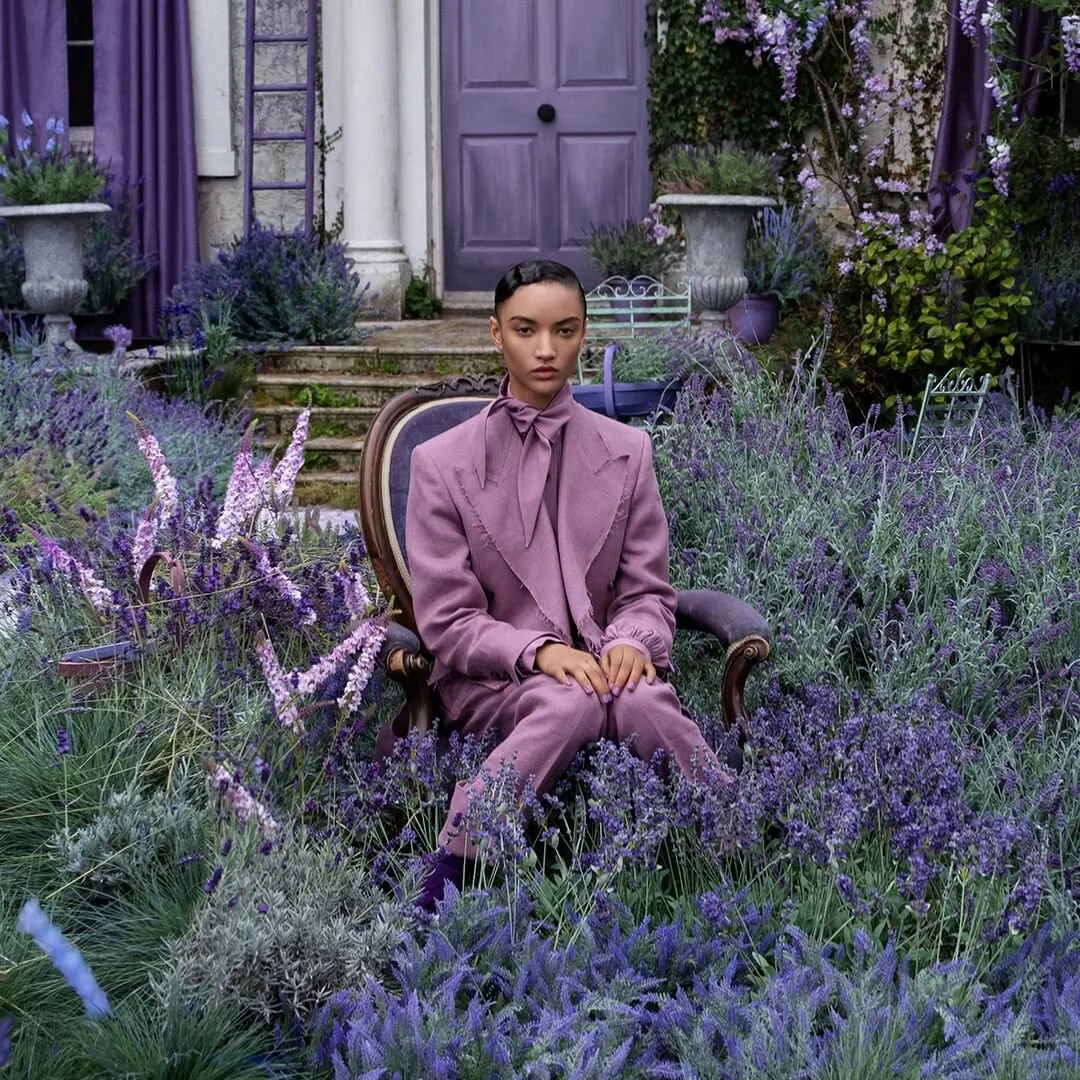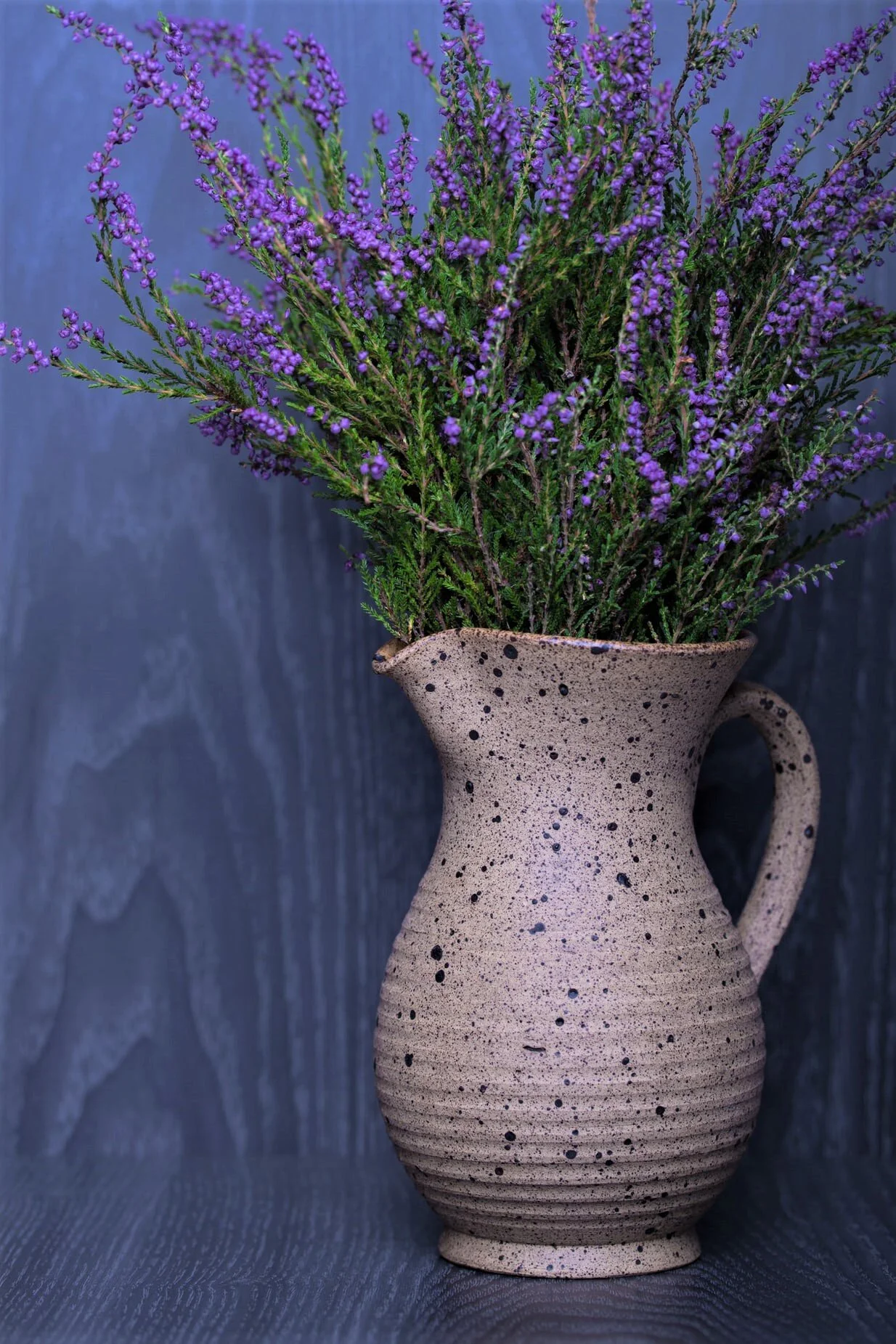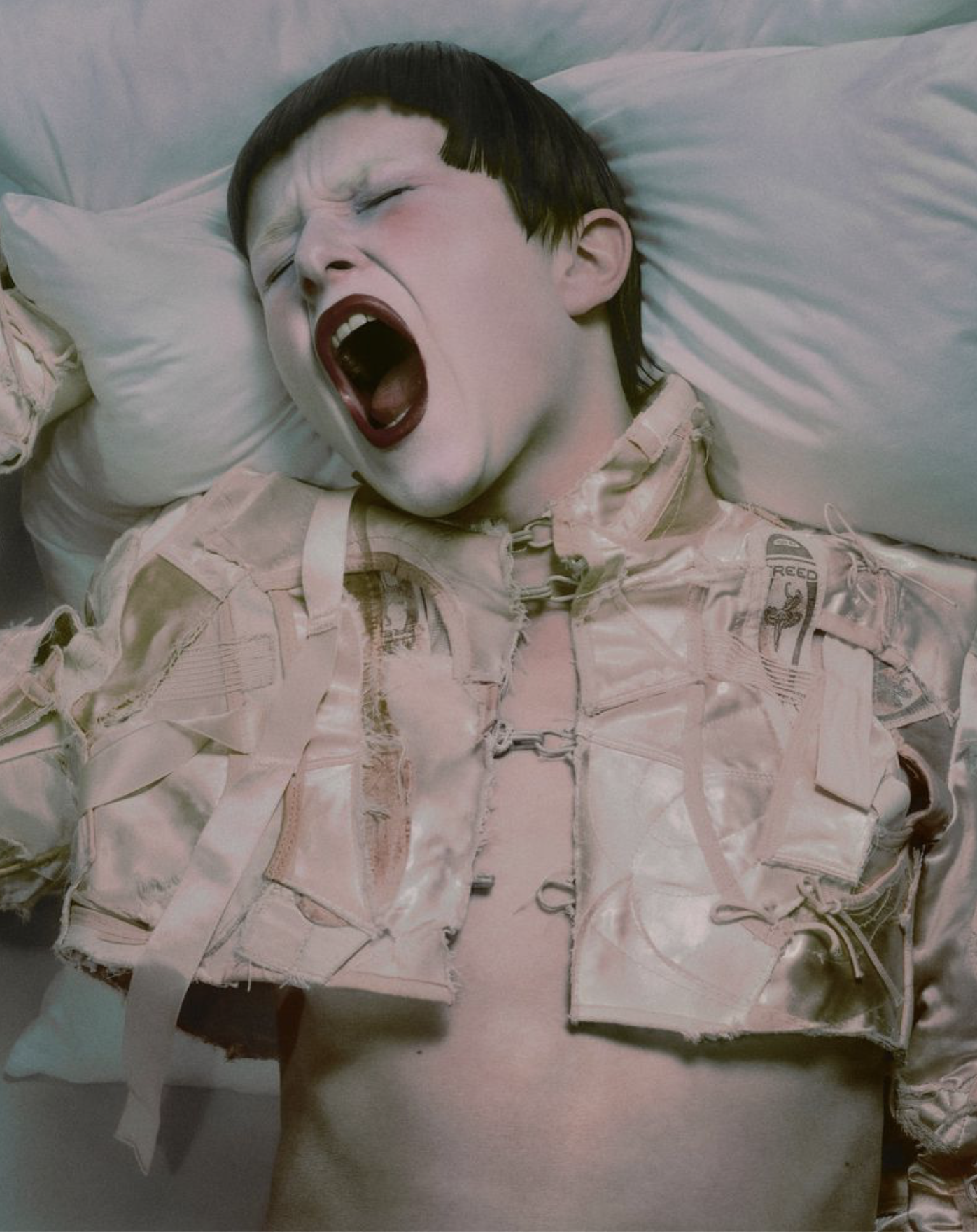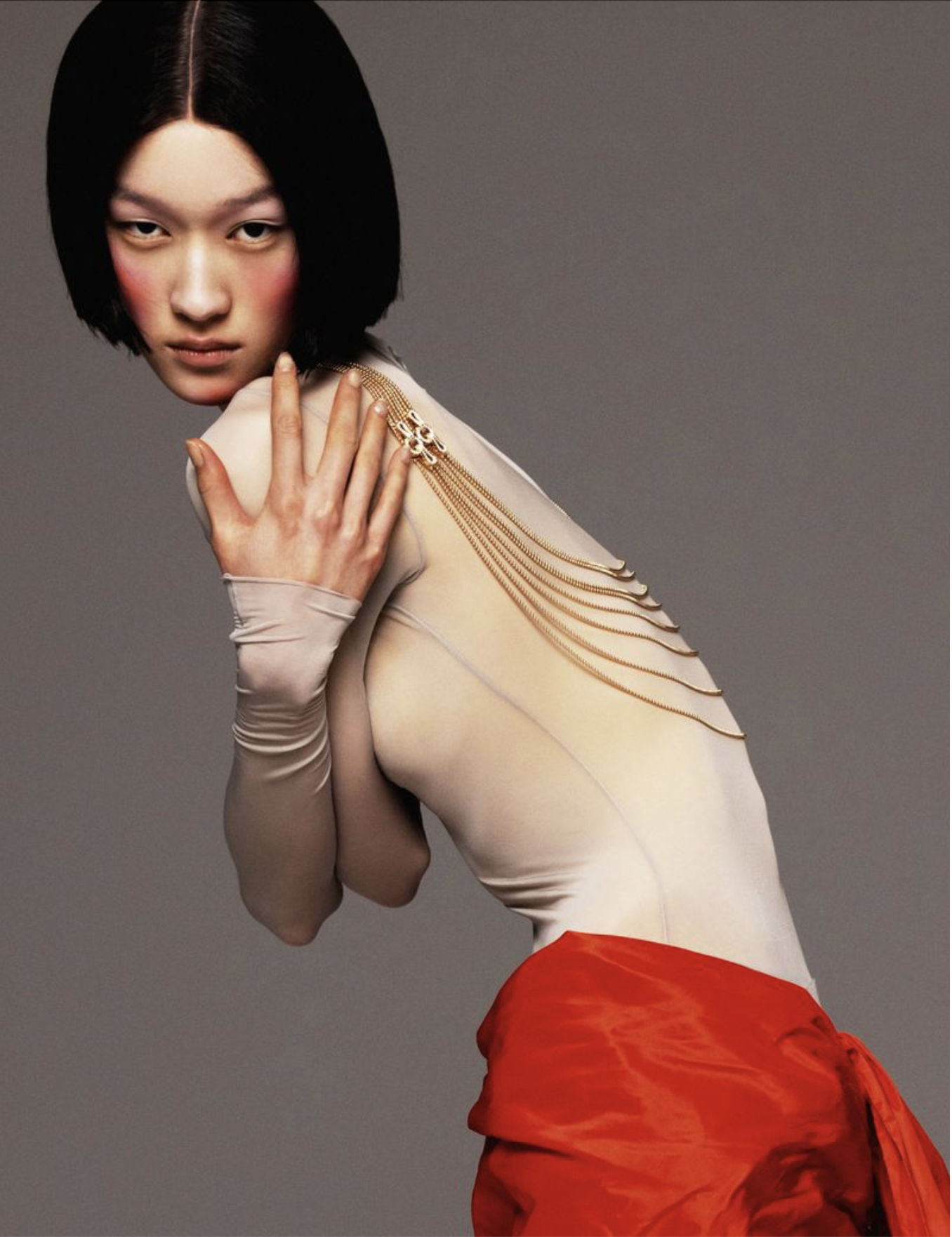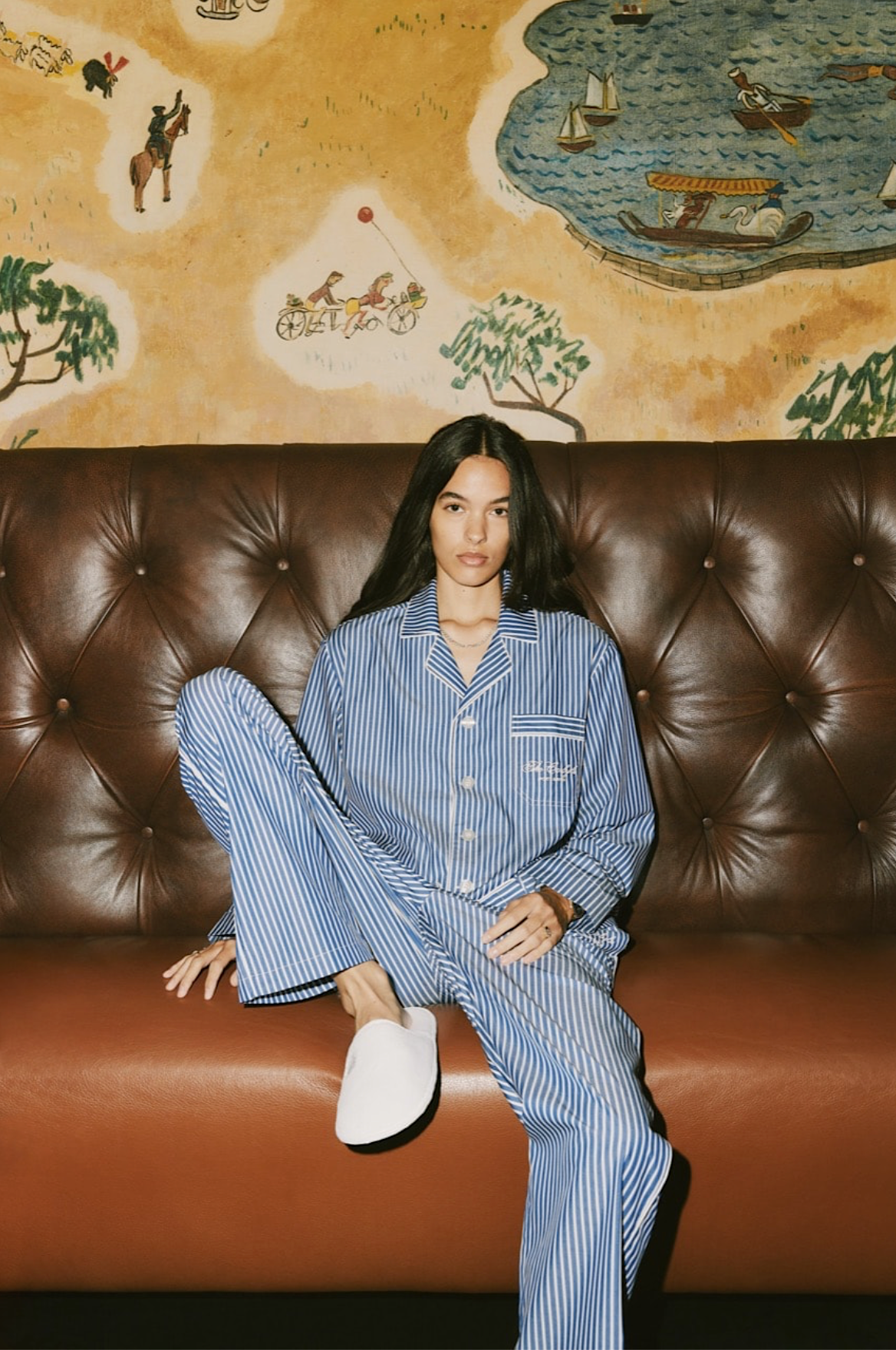Jo Malone's Lavenderland Special Editions Spring 2020 Soothe Our Frayed Nerves
/London luxury fragrance brand Jo Malone didn’t set out to calm global nerves with its new Lavenderland Collection. And yet, the limited edition launch is perfectly timed in a world fraught with nerves on high-alert over coronavirus.
Tim Walker’s magical images of Lucan Gillespie delight in a video directed by Emma Datzell-Khan. Model Xie Chaoyu joins Lucan in the video, with all visuals styled by Katy England. / Hair by Malcolm Edwards; makeup by Sam Bryant.
The Jo Malone Lavenderland Limited Edition Collection introduces three scents and an all-new pillow mist — which is perfect for introducing calm into sleepless nights! The three scents are Lavender & Coriander; Silver Birch & Lavender and Wisteria & Lavender. The pillow mist and diffuser come in Lavender & Musk.
Because of the tense, disruptive, fear-generating global health crisis impacting us all, AOC looked for any new research on the calming properties of lavender. Writing for Smithsonian Magazine in October 2018, Brigit Katz suggests that in mice, at least, lavender may also be as effective at combating anxiety as commonly-prescribed medications. We share Katz’s article under the Smithsonian’s CC license.
Lavender’s Lovely Smell Soothes Anxious Behavior in Mice
Lavender has long been touted for its calming effects; today, the purple plant crops up in just about everything, including aromatherapy oils, candles, and pillows that promise to bring about a good night’s sleep. As JoAnna Klein reports for the New York Times, a new study not only supports folk medicine claims about lavender’s soothing properties, but also offers new insight into how the plant may lull us into relaxation through its lovely smell.
There have been a number of of scientific investigations into the salutary benefits of lavender, including its ability to improve our mood and alleviate anxiety and depression. Linalool, an alcohol that occurs naturally in lavender, was thought to be key to the plant’s calming properties, but the precise mechanism at play wasn’t clear.
The new study, published recently in Frontiers in Behavioral Neuroscience, suggests that lavender reduces anxiety through the olfactory system. A team of researchers at Kagoshima University in Japan tested the effects of linalool vapor on mice, exposing some of them to the odor and then subjecting the rodents to a number of tests that sought to measure their anxiety. The mice were, for instance, placed in a maze and in a special box with two compartments, one light and one dark.
Photo by Robert Wiedemann on Unsplash
Mice that had smelled the linalool were more likely to explore their enclosures, suggesting that they were more at ease. The linalool-exposed mice also exhibited similarly chilled-out behaviors to mice that had been injected with benzodiazepines, found in commonly-prescribed anti-anxiety medications like Valium and Xanax. But unlike the benzodiazepine mice, the linalool mice did not show any impaired movement. Linalool, in other words, may have been giving the mice calming benefits without the negative side effects of anti-anxiety drugs.
To hone in on how the linalool worked, researchers wafted lavender odors into a chamber containing mice whose olfactory neurons had been destroyed, meaning they lost their ability to smell. These mice did not seem to gain any relaxing benefits from linalool exposure, suggesting that lavender soothes by targeting olfactory signals. The linalool also wasn’t effective on mice that had been treated with flumazenil, a drug that blocks brain cell receptors called GABAARs, which are targeted by benzodiazepines. This suggests that unlike anti-anxiety medications, linalool “does not act directly on GABAA receptors like benzodiazepines do, but must activate them via olfactory neurons in the nose in order to produce its relaxing effects," says study author Hideki Kashiwadani.
Much more research is needed before this study can be translated into clinical application; the team only conducted its experiments on young male mice, so the effect of linalool on female and older or younger mice—to say nothing of humans—is still unclear. Furthermore, the researchers do not suggest using linalool for individuals with serious anxiety disorders. Instead, they propose future use of linalool could be applied in highly specific situations, like to alleviate stress before surgery or as an alternative option to calm patients that struggle with ingesting medication, including infants.
Still, the results are intriguing and potentially important. Around 40 million adults in the United States alone are affected by anxiety disorders, but the medications used to treat anxiety come with a host of unpleasant side effects. The new study “bring[s] us closer to clinical use of linalool to relieve anxiety,” Kashiwadani says. For some, perhaps, the soothing smell of lavender may prove to be a gentler way of bringing about a sense of calm.
